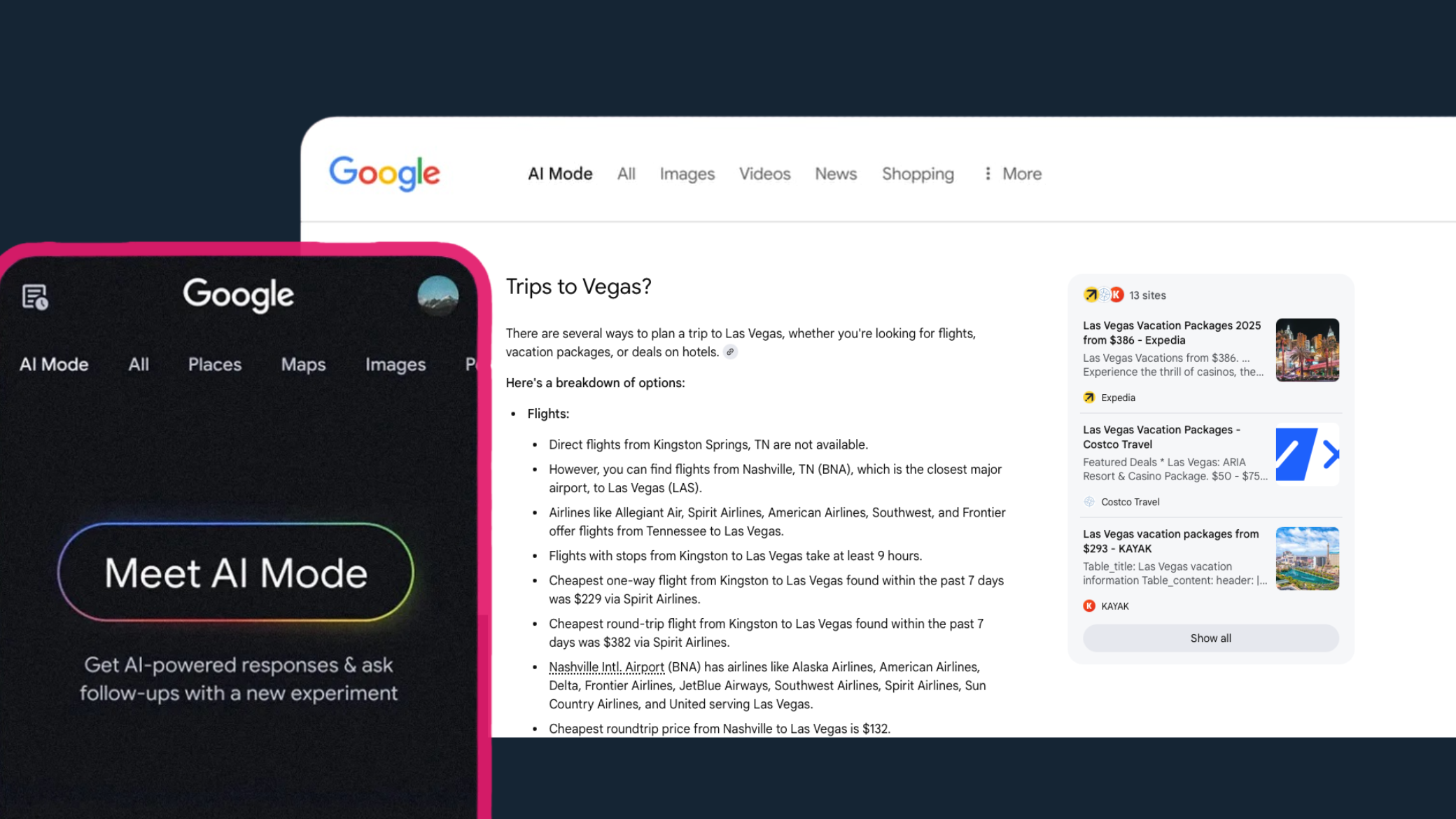Immediate Changes on the Horizon for Travelers
The introduction of Google’s AI Mode promises a significant shift in how travelers approach their trip planning. Following the announcement from Google’s CEO, new insights reveal that this service aims to streamline the research process, allowing users to pose more complex, nuanced questions regarding their travel needs.
Rather than sifting through multiple searches for individual queries like “hotels in London,” “restaurants,” and “attractions,” users can simply ask, “Plan a weekend in London for foodie couples who want boutique hotels near markets and live music venues.” This evolution fosters a transition from keyword-centric searches to a more conversational, insightful interaction.
Insights from Industry Experts
The founder of Propellic, Brennen Bliss, highlighted the implications this change has for travel marketers who will need to rethink their strategies amid the complexities introduced by AI Mode. The existing challenges, often referred to as the “messy middle,” where marketers struggle to map the customer journey from inspiration to booking, are intensified.
Adapting to the New Landscape
With AI Mode complicating the landscape, industry professionals face the challenge of crafting effective strategies with reduced data visibility. To thrive, they should ensure consistent visibility across all stages of the traveler’s journey while maintaining answers for various intents. This will involve ongoing testing and adaptability to new market conditions.
Bliss points out that the travel industry, which relies on top-level content such as blogs and guides, will need to adapt quickly. The traditional methods of attracting visitors via content might no longer suffice as AI begins to centralize trip planning in a singular conversational interface, consolidating information into one streamlined interaction.
Impact on Travel Content Creation
The potential disruption of established marketing pipelines is considerable: echoing Bliss’s sentiment, the expectation is that users will engage in fewer trip comparisons across multiple sites and instead converse with Google’s AI. This may alter how content is perceived — shifting from an avenue for traffic generation to a means of educating and training the AI system.
A Quick Walk Down Memory Lane
Historically, search engines transformed how travel information was accessed and consumed, but this new AI shift signals an even deeper evolution. In recent years, technological advancements have consistently shaped the traveler’s experience, pivoting from simple search engines to intricate AI systems capable of understanding and responding to sophisticated queries.
The implications of AI advancements extend beyond mere convenience. They invite a larger conversation about the intersection of technology and user experience, driving potentially profound changes in the travel industry and its marketing approaches.
未来のトレンドを見据えて
As the travel industry continues to adapt to these innovative AI developments, the importance of understanding how these tools will influence tourism cannot be understated. Ensuring authentic, engaging content remains vital as the landscape shifts toward automated interactions. Marketers must prioritize creating high-quality content that resonates with both AI algorithms and human users since both will play a crucial role in shaping the future of travel research.
Ultimately, as the travel sector gears up for more AI-driven interactions, it will be interesting to see how these innovations unfold. ゲットボート (ゲットボート・ドットコム) is always keeping an eye on the latest tourism news, providing valuable insights to navigate the changing waters of the travel landscape.

 Google AI Mode: A New Era for Travel Search">
Google AI Mode: A New Era for Travel Search">
